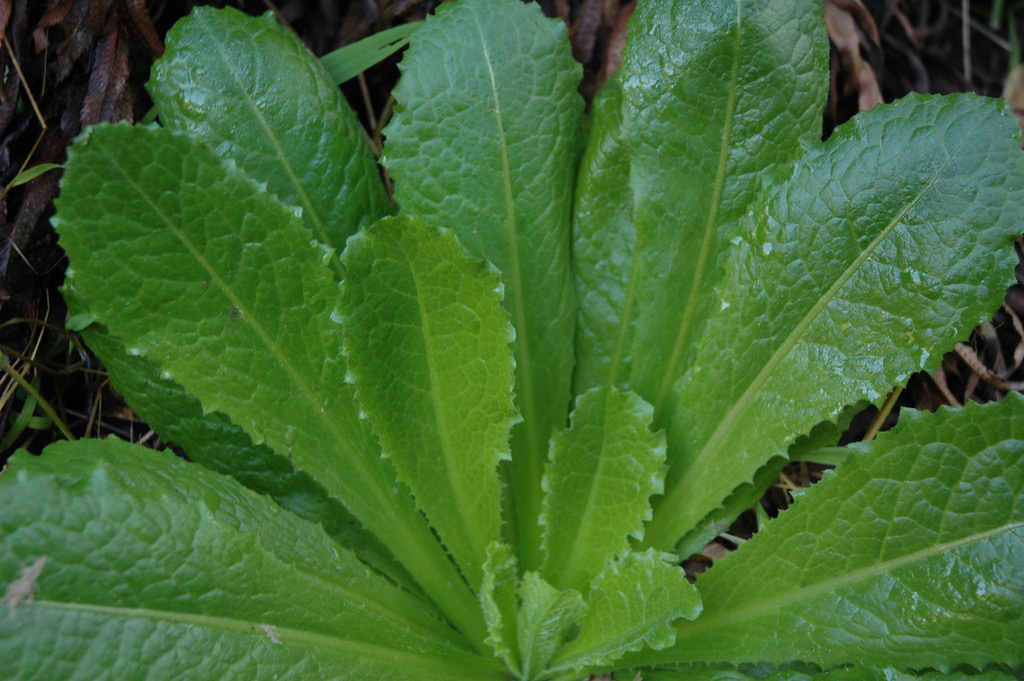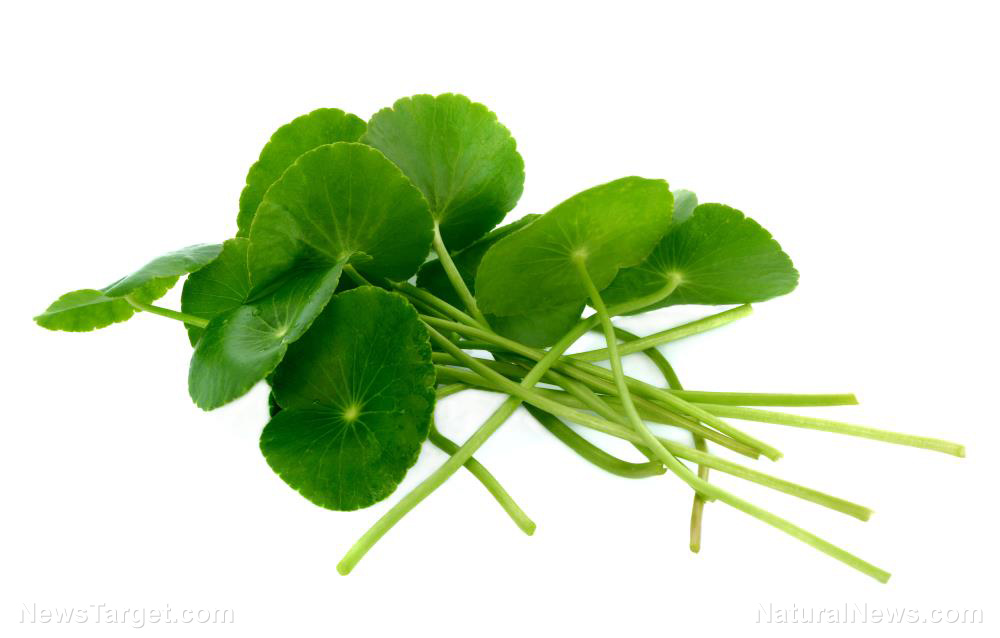TCM found to decrease risk of bone fracture in osteoporosis patients
09/30/2019 / By Evangelyn Rodriguez

Osteoporosis is a disease that weakens the bones, making them prone to fractures. Bone loss due to osteoporosis often happens without producing any symptoms; people who have fragile bones only find out that they have the disease when a fracture occurs or if they accidentally fall. Treatment for osteoporosis involves taking medications such as biphosphonate or hormone-like drugs. However, these medications do not cure the disease completely; they only slow bone breakdown. They also cause upset stomachs and heartburn. In a recent study conducted by China Medical University in Taiwan, researchers reported that traditional Chinese medicine (TCM) could be used as an alternative medicine to decrease the rate of osteoporotic fractures. Several herbal formulations effectively prevented bone fractures in Taiwanese patients with osteoporosis. The results of their nationwide, population-based cohort study were published in the journal BMC Complementary and Alternative Medicine.
Osteoporosis and bone fractures
According to Stanford Health Care, about 10 million Americans suffer from osteoporosis. An alarming 34 million people are also at risk of developing this bone disease once they pass the age of 50. In the U.S. alone, over 700,000 cases of spinal fractures are recorded each year. About 80 percent of osteoporosis patients are older women.
Diagnosing osteoporosis involves the assessment of a person’s risk of developing fracture. For instance, patients may be asked by their health care provider to go through a DEXA scan, which can measure their bone mineral density. On the other hand, risk factors for an osteoporotic fracture are numerous. They include:
- Being thin or having a small frame
- Low body weight
- Smoking
- Low calcium intake
- Consumption of alcohol
- Use of medications, such as anti-epilepsy drugs or steroids
- Family history
- Physical inactivity
- Being postmenopausal (for women)
Today, osteoporosis is treated using medications. Some of the more commonly used drugs are alendronate, risedronate, ibandronate, and zoledronic acid. These drugs, however, can only lower the chance of fracture. Patients who take these drugs can still suffer from broken bones, which would then require more aggressive bone-building therapy. Fortunately, there are natural ways to help broken bones heal as quickly as possible. These include:
- Eating nutritious foods (soy milk, pumpkin seeds, kale, eggs, black beans, grapes, sardines)
- Taking calcium and vitamin D supplements (but don’t overdose)
- Avoiding smoking
- Exercising and being active
- Limiting alcohol intake
- Staying away from painkillers or NSAIDs
TCM can decrease the rate of osteoporotic fracture
The herbs used in TCM are known for their many therapeutic properties. To investigate their potential in preventing osteoporotic fractures, Taiwanese researchers conducted a nationwide, population-based cohort study. They identified osteoporosis cases and selected a comparison group that was frequency-matched according to sex, age (per five years), diagnosis year of osteoporosis, and index year. They also estimated the difference between the two groups in terms of the development of fracture using the Kaplan–Meier method and the log-rank test.
After the insertion of age, gender, urbanization level, and comorbidities into the Cox’s proportional hazard model, the researchers found that the patients who used TCM had a lower hazard ratio of fracture compared to those who did not use TCM. Based on the Kaplan-Meier curves, they also reported that osteoporosis patients who used TCM had a lower incidence of fracture than those who did not. In addition, the researchers observed that patients who used TCM for a longer period of time also had lower fracture rates.
Based on these findings, the researchers concluded that TCM could be used for the prevention of osteoporotic fractures. (Related: Banish osteoporosis and tooth loss with these superstar teas.)
Sources include:
BMCComplementalAlternMed.BiomedCentral.com
Submit a correction >>
Tagged Under:
aging, aging secrets, alternative medicine, anti-aging science, bone disease, bone fractures, bone health, bone loss, broken bones, disease treatments, fragile bones, herbal medicine, Herbs, men's health, natural cures, natural medicine, osteoporosis, osteoporotic fracture, prevention, remedies, research, TCM, traditional Chinese medicine, women's health
This article may contain statements that reflect the opinion of the author
RECENT NEWS & ARTICLES
PlantMedicine.News is a fact-based public education website published by Plant Medicine News Features, LLC.
All content copyright © 2018 by Plant Medicine News Features, LLC.
Contact Us with Tips or Corrections
All trademarks, registered trademarks and servicemarks mentioned on this site are the property of their respective owners.





















